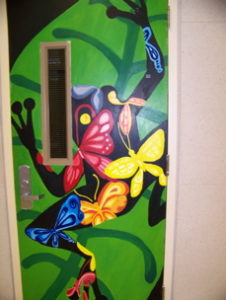Title: “Merchants of Doubt: The Deeper Roots of Climate Skepticism ” with Warren Wiscombe of NASA-Goddard
Date, Time, Location: Wednesday, February 13th, 2019; 7:30 – 8:30 pm at Terra Linda HS in San Rafael, Room 207
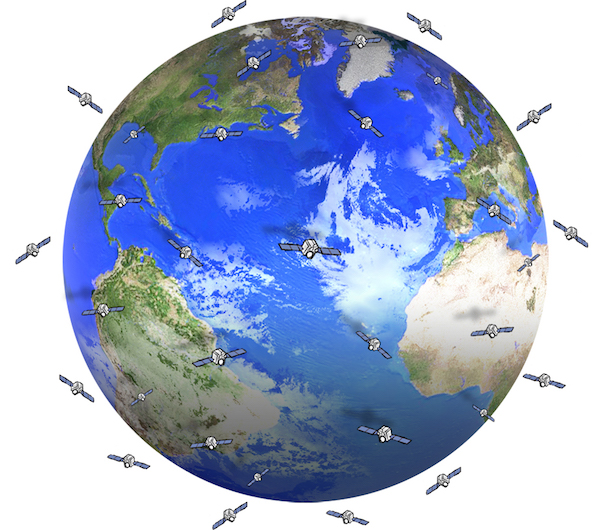
Description: Climate skepticism often appears superficial — just lazy people who have anointed themselves “climate scientists” without putting in the work required to earn that title. But there is more to it. We dig below the surface to uncover the roots of the phenomenon in the 1980s. After the fall of the Soviet Union and the turn of China toward capitalism, a group of Cold Warrior scientists with no communists left to fight turned their fire instead on environmentalism (which in their minds equated to “big government and regulations”). These people were strongly rooted in “free-market fundamentalism”, an economic philosophy going back to Friedrich Hayek in the 1940s. Their rise coincided with that of Ayn Rand and her dramatizations of the woes inflicted on entrepreneurs by socialism. The movement had the backing of powerful, wealthy interests who founded and funded a dozen or more “institutes” devoted to spreading doubt about any science that might lead to government regulations.
Dr. Warren Wiscombe has done research in climate science since its birth in the early 1970s. He worked 30 years at NASA Goddard Space Flight Center, and before that in the Climate Section of the National Center for Atmospheric Research. He taught climate and atmospheric science in several countries and universities. His interest turned to exoplanets in his last few years at NASA.
Links:
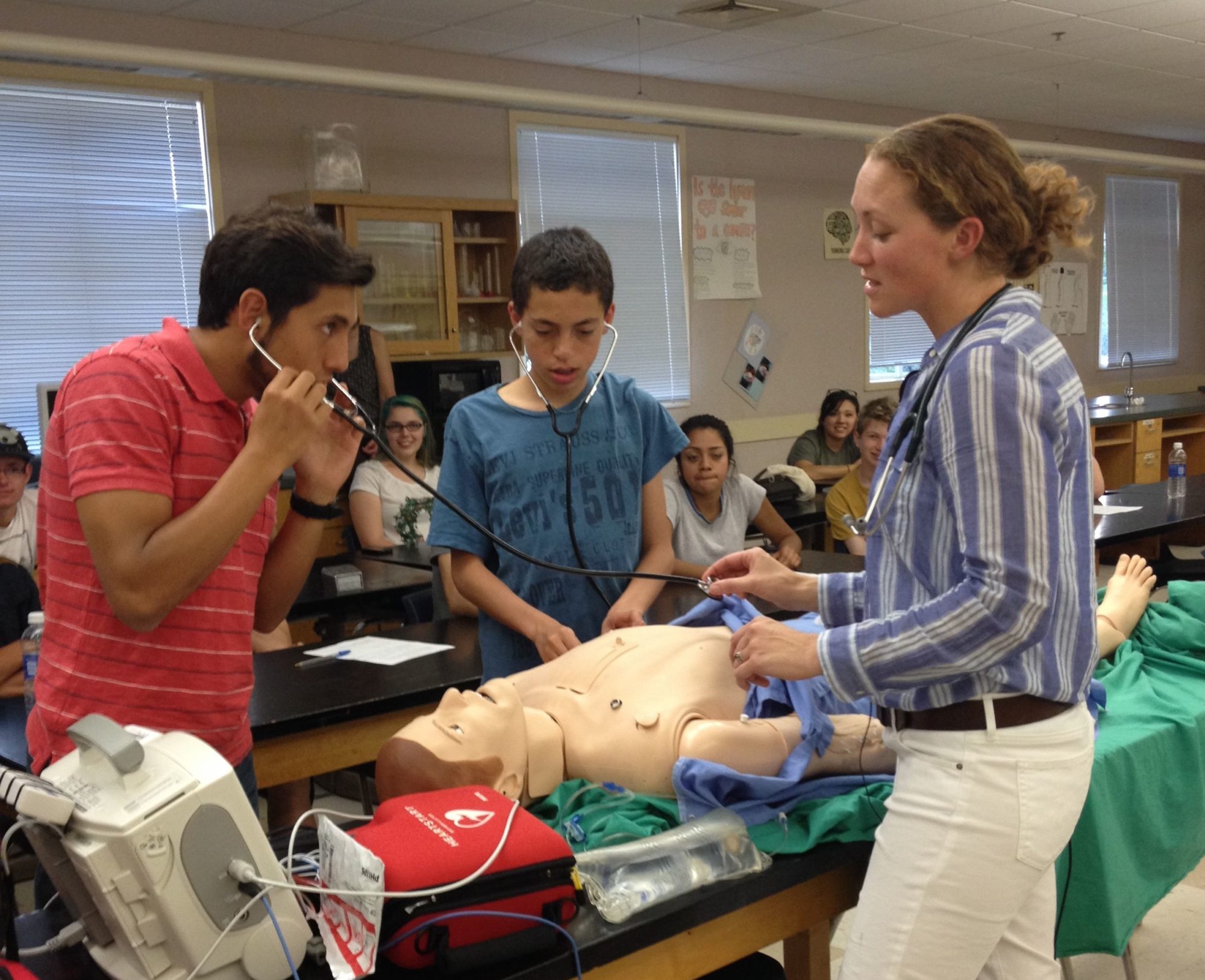
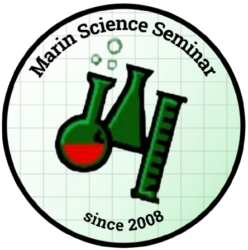
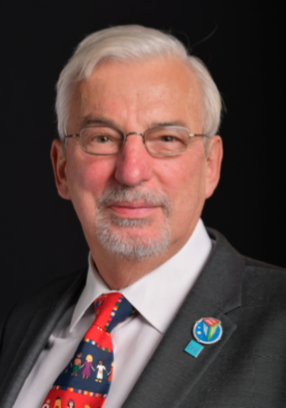
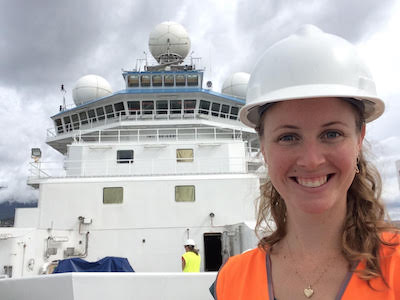
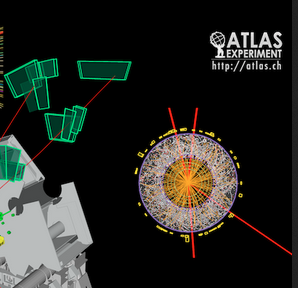 Title: “The Higgs Boson” with Dr. Heather Gray of UC Berkeley
Title: “The Higgs Boson” with Dr. Heather Gray of UC Berkeley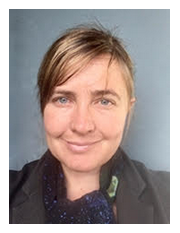
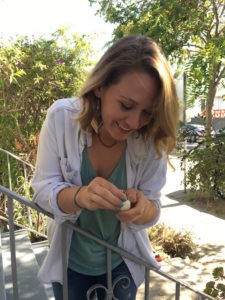 Title: “Redwoods, Roots, and Fungi: Exploring Plant Physiology and Ecology” with Claire Willing of UC Berkeley
Title: “Redwoods, Roots, and Fungi: Exploring Plant Physiology and Ecology” with Claire Willing of UC Berkeley Title: “The Pharmacy of Genes: Drug Development for Genetic Diseases” with Natalie Ciaccio Ph.D. of Biomarin
Title: “The Pharmacy of Genes: Drug Development for Genetic Diseases” with Natalie Ciaccio Ph.D. of Biomarin Title: “Mirroring Past and Future: How Cutting-edge Technologies Help us Unveil Ancient Worlds” with Cinzia Perlingieri Ph.D.
Title: “Mirroring Past and Future: How Cutting-edge Technologies Help us Unveil Ancient Worlds” with Cinzia Perlingieri Ph.D.